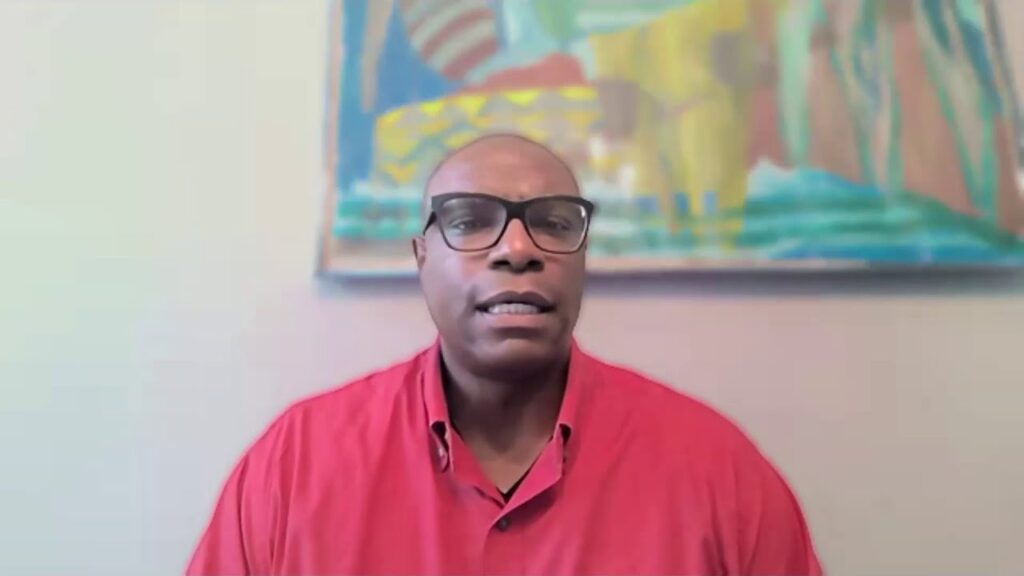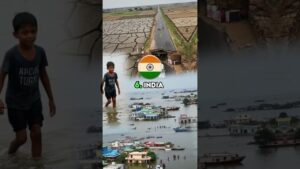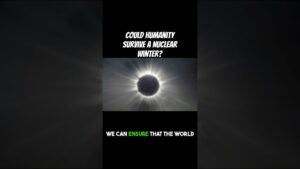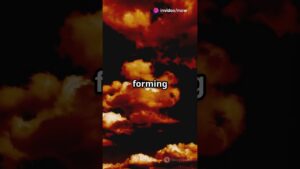
Highlights from the HPRI Symposium on the LA Wildfires. Watch the full webinar here: https://youtu.be/nwyIO17WK3s
HPRI Symposium: Natural Disasters, Climate Change, and Homelessness: Emerging Research from the Los Angeles Wildfires
Panelists
· Randall Kuhn, PhD, Professor, Department of Community Health Services, UCLA Fielding School of Public Health
· Kyla Thomas, PhD, Sociologist, Director of LABarometer, Center for Economic and Social Research
· Carter Hewgley, MPA, Local Jurisdiction Coordination & Support, Homeless Initiative
· Ryan Smith, PhD, President and CEO, St. Joseph Center
· Amanda Green, Chief Operating Officer, Union Station Homeless Services
Unhoused individuals, particularly those who are unsheltered, are uniquely vulnerable to the negative health and wellbeing impacts wrought by extreme weather and disasters, such as extreme heat, air pollution, and winter storms (Adepoju et al., 2022; Calvin et al., 2023; Thomas et al., 2019). Climate change is turbocharging these disruptions. Although extreme weather patterns impact the population writ large (Bell et al., 2018), persons experiencing homelessness face the highest risk of extreme weather-induced negative health effects, reflecting their heightened exposure, pre-existing health vulnerabilities, and limited access to medical care (Bezgrebelna et al., 2021; Kidd et al., 2021; Ramin & Svoboda, 2009). In Los Angeles, exposure to heat, wildfires, and winter storm flooding are particularly dangerous threats to its larged unhoused population. Recent events confirm that wildfires impose a range of harms, through displacement, loss of belongings, and injury. Moreover, exposure to particulate matter in smoke can cause many health challenges, including respiratory damage and increased long-term risk of cancer (Grant & Runkle, 2022; Rosenthal et al., 2021). HPRI-affiliated research projects Periodic Assessment of Trajectories of Housing, Homelessness, and Health Study (PATHS) and the LABarometer are working to measure some of these varied impacts on housing insecure and unhoused individuals following the recent, historic wildfires in the LA region.
Please join us for a virtual symposium where we will discuss how these studies are examining natural disaster vulnerabilities among the unhoused and housing insecure population, and assess the studies’ emerging findings’ implications for policy and service provision. We will also consider what Los Angeles’ city and county governments are doing to address climate vulnerability among the unhoused, as well as how they are preparing for future natural disasters and extreme weather events. We will conclude by examining how these developments are impacting service providers in our communities and how they serve unhoused Angelenos impacted by increasingly common natural disasters spurred by climate change.
source



